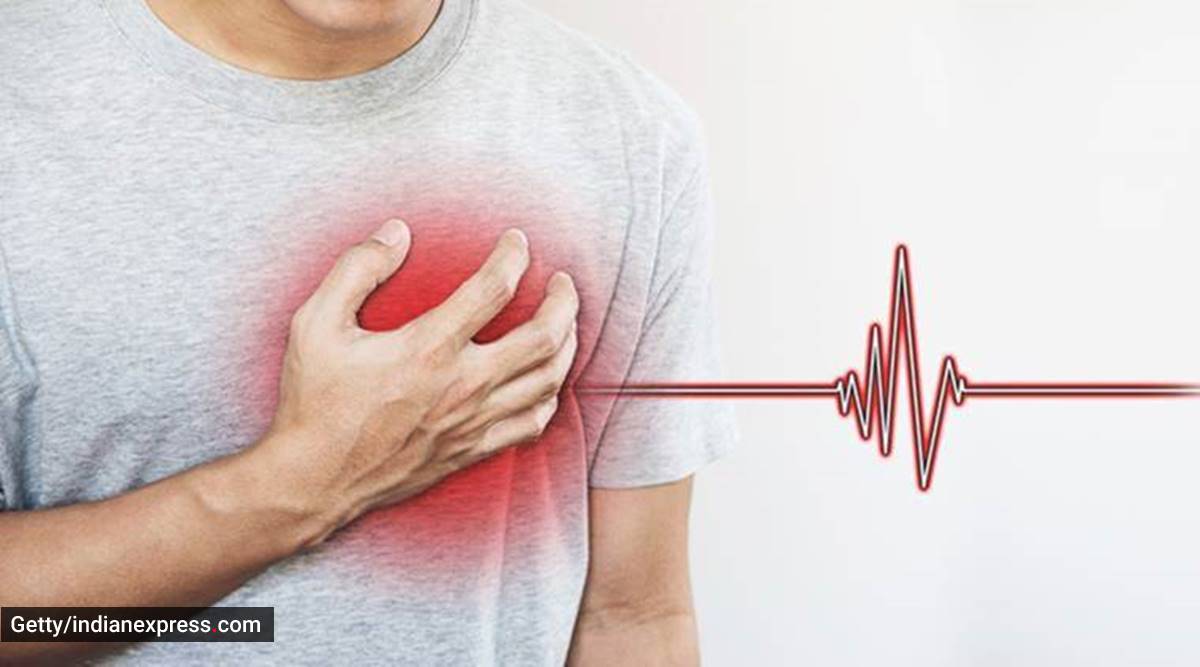 The study results also suggested that more research is needed to see why endurance events might have a negative impact on male arteries (Source: Pexels)
The study results also suggested that more research is needed to see why endurance events might have a negative impact on male arteries (Source: Pexels)In the recent years, with many people becoming fitness conscious, marathon running or long-distance running has become common. According to data, the number of women participants have also reported a surge. And now, there’s some good news! A new study suggests that endurance running could add as much as 6-7 years to women’s lives.
However, on the flip side, it can age men’s vascular health by as much as 10 years, making the arteries stiffer. This, in turn, could put them at greater risk of strokes and heart attacks, said the study of more than 300 regular athletes funded by the British Heart Foundation and Cardiac Risk in the Young. According to The Telegraph, “the research, which has not yet been peer-reviewed, was presented at the British Cardiovascular Society (BCS) conference in Manchester.”
The study results, however, also indicated that more research is needed to see why endurance events might have a negative impact on male arteries, reports said.
Best of Express Premium
Why could that be happening?
Over a period of time, running long marathons can lead to the right atrium and right ventricle in male athletes to dilate along with elevations of blood troponins and B-type natriuretic peptides, suggesting a temporary injury to these chambers. This is usually caused when, due to long hours of running, the pressure on the thinner chambers increases, said Dr Rakesh Rajpurohit, MD consultant pulmonologist and critical care medicine specialist from Jain Multispecialty Hospital, Mira Road, Mumbai.
According to Dr Rajpurohit, this could be because men are more prone to having “stiff arterial wall — that is stiffening of vessels carrying blood to major organs like the heart as compared to that in females”. “When this damage occurs repetitively over time, scar tissue may build up in the heart muscle, which can lead an individual to sudden death or put him at cardiovascular risk,” he mentioned.
“Women are not prone to blood vessel stiffness, in their late ages. But if they have cardiac or respiratory issues, then even females are at risk,” Dr Rajpurohit told indianexpress.com.
These concerns, however, are not new as previous studies, like a July 2010 research published in National Center for Biotechnology Information (NCBI), also suggested that most deaths are due to underlying coronary artery disease.
 Can long-distance running cause heart issues? (Source: Getty images)
Can long-distance running cause heart issues? (Source: Getty images) Cardiac biochemical and functional abnormalities are commonly observed transiently following completion of a marathon, although their clinical significance is unknown, the study noted.
It also stated that the robust association of endurance running with improved quality of life and longevity underscores the importance of putting risks into perspective with other well-established health benefits of regular vigorous exercise.
Here’s what to know about running and long-distance running
According to experts, running as an aerobic exercise has many benefits. It can work on your muscle strength, stability and flexibility, helping you develop a strong core and lower body.
“When you are a beginner, it all starts with pre-conditioning, the first phase in your running schedule. This will prepare you for heavier training as you prepare your body to be fitter. The aim is to start slowly and build up. It gets your muscles ready for longer distances and can help you avoid injury later,” explained Rajat Khurana, managing director, ASICS India, in an earlier interaction with indianexpress.com.
How does endurance running benefit women?
Bones tend to become stronger and denser if we put stress on them, said Dr Rajpurohit. “As we know, bodies build bone mass when we apply stress along the full length of our bones, which is what happens when we run. In women, it can relieve hot flashes, improve sleep and cardiovascular function, alleviate pain and discomfort associated with arthritic joints, and even help with cognition and depression,” Dr Rajpurohit said.
📣 For more lifestyle news, follow us on Instagram | Twitter | Facebook and don’t miss out on the latest updates!
- The Indian Express website has been rated GREEN for its credibility and trustworthiness by Newsguard, a global service that rates news sources for their journalistic standards.

